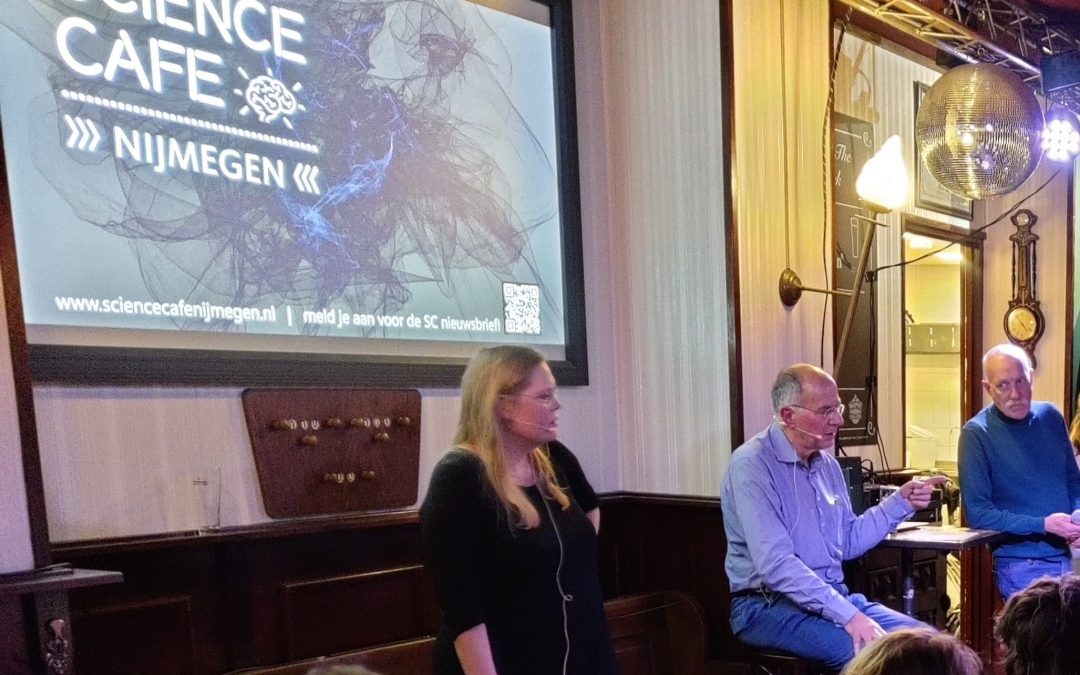Introducing Dr Terje Falck-Ytter

What is your role and the role of your institution/group within the CANDY project?
I am the site PI for the CANDY project in Sweden, and together with my colleagues at KIND we conduct two clinical studies, the PIP study and the Multiplex study.
What is your long-term vision for CANDY? What is special about the CANDY project?
CANDY and the PIP study in particular will provide crucial new data on brain and behavioural development in the preschool years in children with neurodevelopmental conditions. I am very excited about being part of a project that will help us understand the differences and similarities between different childhood onset diagnoses like ASD and ADHD, which is crucial for better individualized interventions in the future. The multidisciplinary nature of the CANDY consortium means that we can do integrative analyses of different data modalities which can generate completely new insights.
What are the key-findings of your group gained within the CANDY project so far?
The data collection is still ongoing in the main CANDY projects, but we have already published some interesting results on comorbidity patterns of autism and pragmatic language difficulties in toddlers (Rudling et al, 2023). Another clinical observation from the ongoing data collection is that comorbidity is the rule rather than the exception in young children with neurodevelopmental diagnoses, underlining the rationale behind the whole CANDY project.
Your reading suggestion?
This paper indicates common genetic variants that differentiate between autistic people and people with ADHD, as well as variants that are shared between the two conditions. This provides new leads on the genetic basis for both comorbidity and differentiation.



